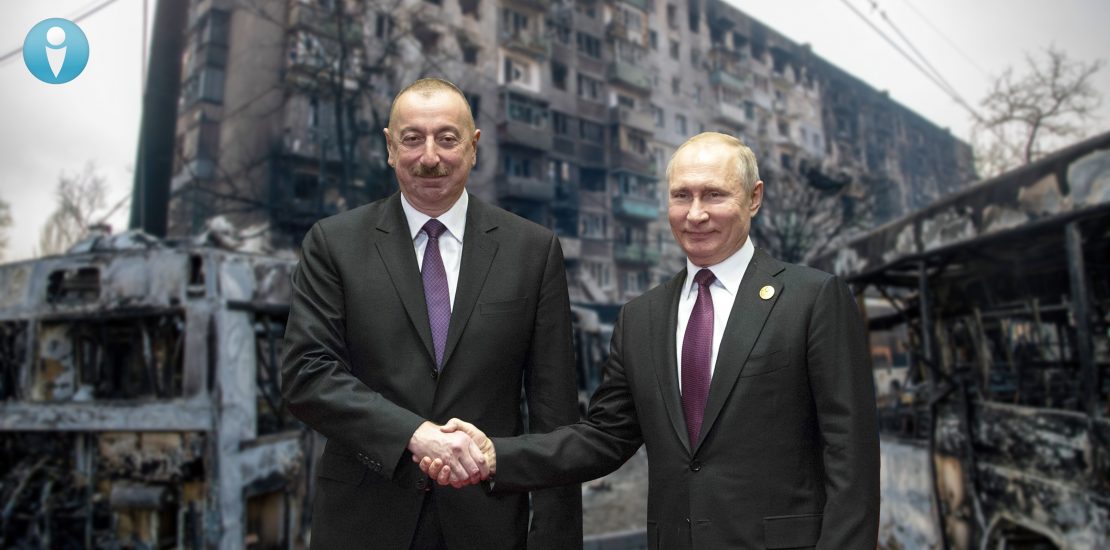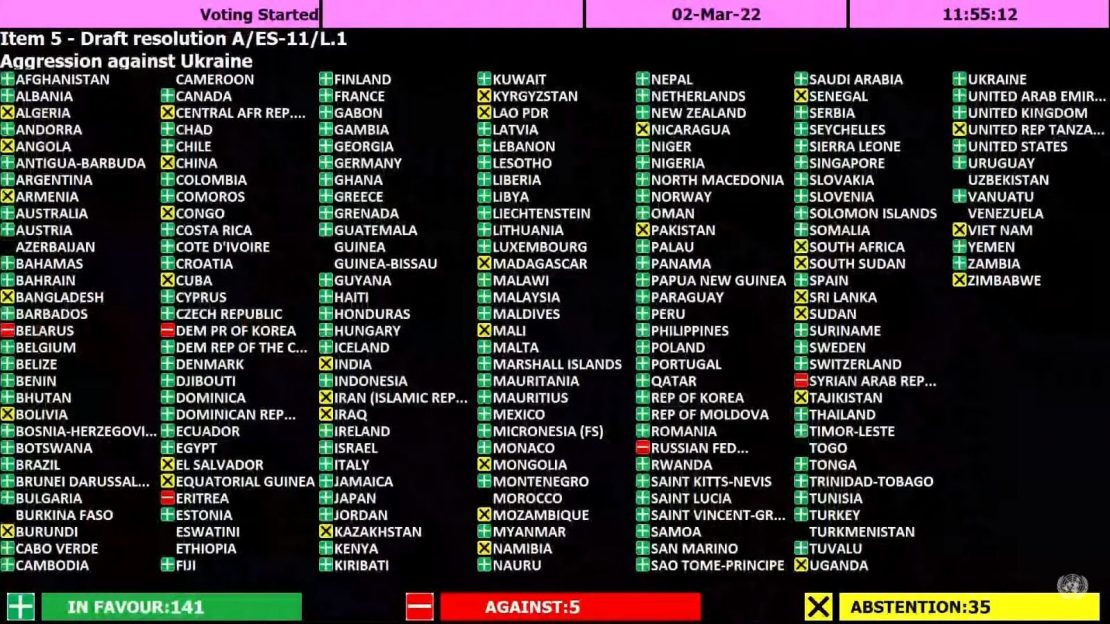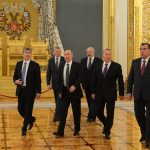- 31 March, 2022
- Foreign Policy

Since the start of hostilities in Ukraine on February 24, 2022, a number of international organizations have adopted resolutions condemning Russia, restricting Russia’s activities in those organizations.
Since the outbreak of the Russian-Ukrainian conflict in 2014, Armenia, along with a handful of backward countries such as Zimbabwe, Sudan, Cambodia, and North Korea, has consistently been pro-Russian in voting on resolutions on the issue.
Particularly problematic was the vote on a resolution adopted by the UN General Assembly on March 27, 2014, calling for the secession of Crimea from Ukraine and its incorporation into Russia: Armenia, along with Belarus, Bolivia, Venezuela, Cuba, North Korea, Zimbabwe, Nicaragua, Syria and Sudan, voted against it.
Union of Informed Citizens has previously addressed Armenia’s pronounced pro-Russian sentiment in international organizations, as well as the worsening of Armenian-Ukrainian relations following the vote.
In connection with the recent escalation of the Russian-Ukrainian conflict, however, Armenia has shown unprecedented neutrality in the voting of anti-Russian resolutions in international structures, largely abstaining from voting on the relevant resolutions and decisions.
Union of Informed Citizens has summarized Armenia’s voting in the adoption of international resolutions on the Russian-Ukrainian war that started on February 24.
CE – Armenia was against restricting Russia for the second time
On February 25, one day after the start of hostilities in Ukraine, the Committee of Ministers of the Council of Europe, in accordance with the Charter of the Council of Europe, decided to suspend the representation right of the Russian Federation in the Council of Ministers and the Parliamentary Assembly. 42 countries voted in favor of that decision, only two, Armenia and Russia, were against.
Azerbaijan did not take part in the vote for unknown reasons.
Later, Eduard Aghajanyan, Chairman of the NA Committee on Foreign Relations, clarified in a comment to RFE/RL that such a vote was explained by the need to maintain diplomatic channels for the settlement of the conflict.
It should be mentioned that this is the second time since the Russia-Ukraine conflict that the Council of Europe imposes restrictions on Russia. This happened for the first time in April 2014, when Russia was deprived of the right to vote in the PACE, as well as to participate in the work of the governing bodies due to the annexation of Crimea.
UN anti-Russian resolutions: Armenia did not support Moscow against Kyiv
On February 28, in Geneva, the UN Human Rights Council decided to include in the agenda of the 49th session the issue of holding an urgent discussion on hostilities in Ukraine. The decision was adopted by 29 for, 5 against votes and 13 abstentions․ Russia, China, Venezuela, Cuba and Eritrea voted against.
Armenia, which became a member of the relevant committee in 2019, abstained on the issue along with post-Soviet Kazakhstan and Uzbekistan, first showing neutrality in voting on a resolution on the Russian-Ukrainian conflict.
Azerbaijan is not a member of this commission, therefore it did not take part in the voting.
Already on March 2, a special session of the UN General Assembly adopted a resolution condemning Russia’s military actions against Ukraine, entitled “Aggression against Ukraine”. Out of 193 UN members, 141 voted for the resolution, 5 against and 35 abstained.
The 5 countries that voted against were Russia, Belarus, Syria, North Korea and Eritrea. Armenia was among the abstainers, like China, India, Iran, etc. Twelve countries, including Azerbaijan, did not take part in the vote.
 Armenia also maintained neutrality during the vote on the UN General Assembly resolution on the “Humanitarian situation in Ukraine” on March 24. 141 countries voted for it, 38 abstained and 5 voted against. Azerbaijan again avoided expressing its position.
Armenia also maintained neutrality during the vote on the UN General Assembly resolution on the “Humanitarian situation in Ukraine” on March 24. 141 countries voted for it, 38 abstained and 5 voted against. Azerbaijan again avoided expressing its position.

Baku no longer supports Kyiv against its new strategic partner Moscow
On February 22 in Moscow, on the eve of the start of Russian military operations in Ukraine, Azerbaijani President Ilham Aliyev and his Russian counterpart Vladimir Putin signed an agreement on a Russian-Azerbaijani strategic alliance.
The new status of Baku’s relations with Moscow was already felt during the war in Ukraine․ Official Baku, which has consistently supported Kyiv in the UN vote throughout the Russian-Ukrainian conflict, has avoided expressing its official position since the February 24 war, successfully “escaping” the votes.
Baku, which does not even dare to express a neutral position, instead started defending Ukraine in the propaganda field, trying to disguise its evasive stance by circulating anti-Armenian theses based on false information flows.
Meanwhile, unlike Baku, which no longer supports Kyiv in order not to offend its new ally Russia, official Yerevan has improved its position on Ukraine and maintains neutrality instead of always voting against anti-Russian resolutions.
The infographic below presents the positions of Armenia and Azerbaijan on international resolutions on the recent Russian-Ukrainian war.
Union of Informed Citizens





